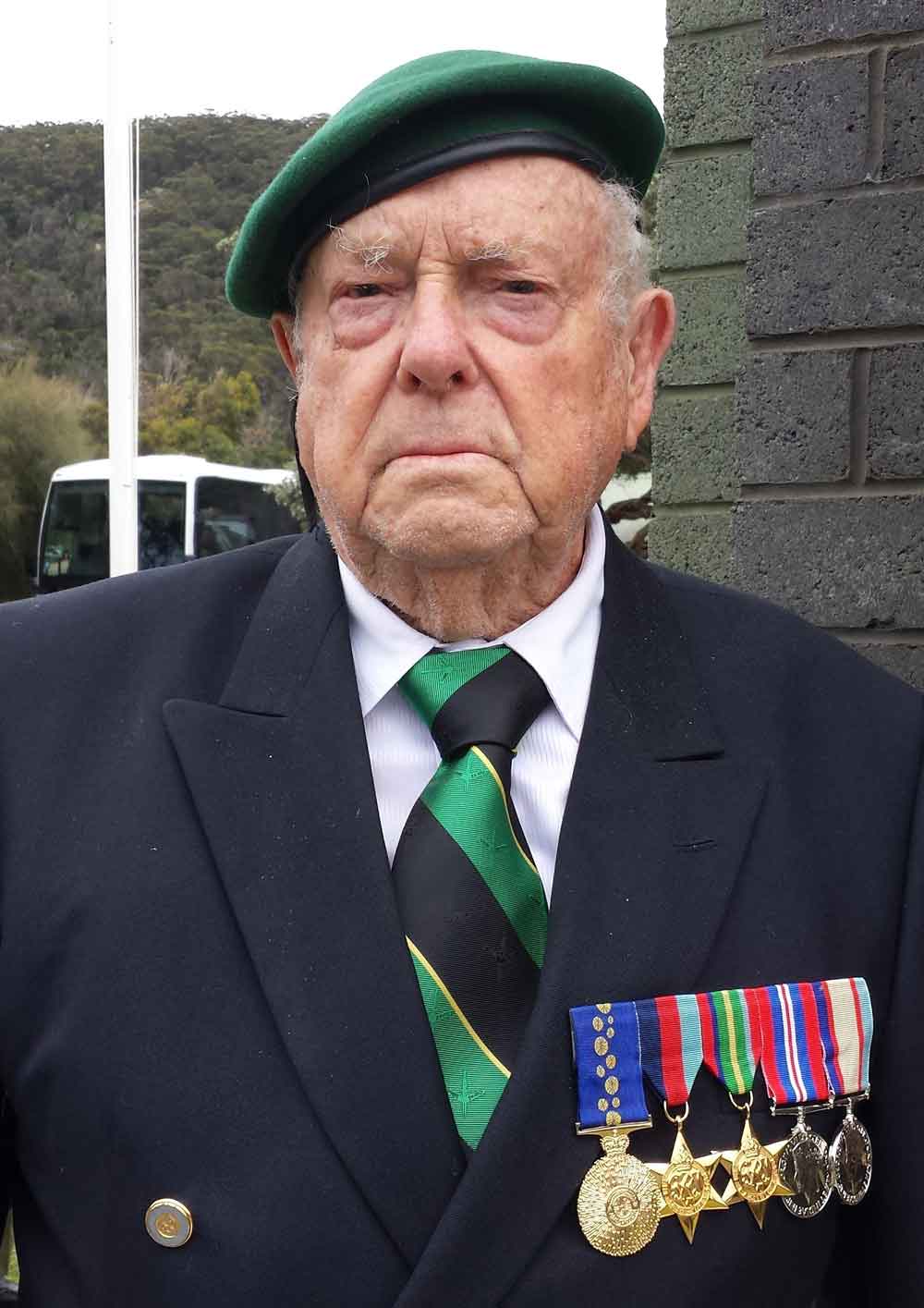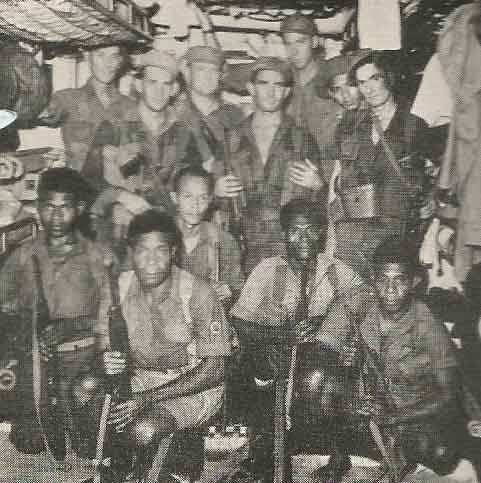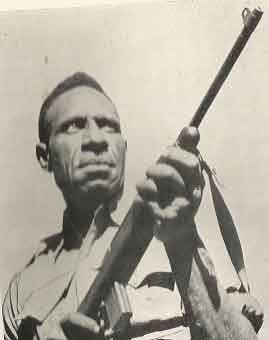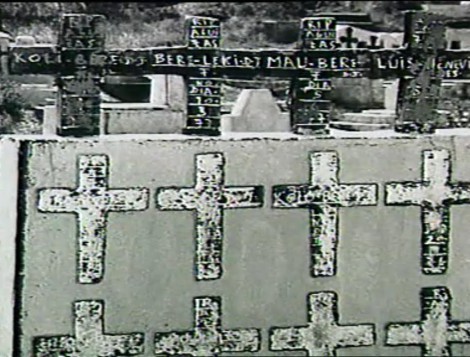Harvey Thompson
The Canadian-based airplane and train manufacturer Bombardier is making 7,000 job cuts in its global operations, with over 1,000 of those in its division in Belfast, Ireland.
The company employs 64,000 workers internationally and is one of Northern Ireland’s largest private sector employers, with around 5,500 workers. Many other workers are employed in its supply chain industries.
The corporation announced that 1,080 jobs would go at its Belfast plant, which makes the wings for its new C-Series plane. According to reports, the Belfast workers were informed their jobs were being ended via a text message.
Bombardier’s significance to the regional economy is huge—it accounts for around 7 percent of all manufacturing jobs across Northern Ireland (almost 50 percent of the total number of manufacturing jobs in Belfast itself) and produces 10 percent of Northern Ireland’s total manufacturing exports.
As well as making components for executive jets, four sites in and around Belfast produce parts for other manufacturers such as Rolls Royce.
However, by far the highest-profile department is that responsible for the development and production of composite wings for the Bombardier C Series, which is housed in a £520 million plant officially opened in 2013 by the British Prime Minister David Cameron.
Bombardier is the world’s largest builder of business jets by revenue and the biggest international manufacturer of passenger trains. The Financial Times commented that the firm “faces falling sales during 2016 because of cutbacks in business jet manufacturing. It predicted revenue of $16.5 billion-$17.5 billion in 2016, against $18.2 billion during 2015, less than analysts had been expecting.”
Alain Bellemare, who took over as president and chief executive of Bombardier Inc last year said, “We are turning Bombardier around to make this great company stronger and more competitive.”
Michael Ryan, the Vice-President of Bombardier’s Bombardier Belfast operation, said, “The whole global aerospace world is looking at how they can optimise their cost-base and that includes going to what we would call lower cost countries. If we want to compete being in a global market place then we need to take advantage of that where it’s relevant.”
Another 270 jobs will be cut at other non-aerospace sites in the UK, including Derby, Crewe and Burton-on-Trent.
The announcement at Bombardier’s Belfast division followed large-scale job cuts at tyre giant Michelin in Northern Ireland and cigarette producer, JTI Gallaher. Around 860 jobs are to go at Michelin when it closes its doors in 2018 and a similar number of jobs will be lost at JTI Gallaher when it shuts completely by the end of 2017. A number of other firms, including Caterpillar NI and Schrader Electronics, both based in County Antrim, have made substantial job cuts.
Stephen Kelly of Manufacturing NI said of the combined closures, “One percent of our manufacturers employ almost half of all those who work in manufacturing and 49 percent of turnover.”
Long-established manufacturing jobs such as those in Belfast are being terminated, as firms seek to continually lower their wage bill. Commenting on the spate of recent Belfast redundancies, the Financial Times stated, “One factor common to the three announcements is the companies’ emphasis on the need to become more competitive globally. This suggests that Northern Ireland’s relatively high wages and location at the periphery of the UK and the EU are making the province increasingly uncompetitive.
“In a statement last year, Michelin referred to the ‘heavy logistics costs’ related to manufacturing in Northern Ireland. On Wednesday, Bombardier, referring to its job cuts in Northern Ireland, said ‘it is crucial that we right-size our business in line with market realities’.”
The concern of the union bureaucracy is not with the fate of the workers, but to assist. Peter Bunting, assistant general secretary of the Irish Congress of Trade Unions declared that Northern Ireland “urgently needs a comprehensive and ambitious manufacturing strategy”.
The Unite trade union announced its sorrow at “the latest, cruel blow to Northern Ireland’s manufacturing sector. The scale of the losses reflect the severe market conditions being experienced by the group, which has led to over 7,000 job losses globally.”
No fight is being taken up to defend any of the jobs, with Unite adding, “The Northern Ireland Executive needs to redouble their efforts and secure alternative employment for those highly skilled workers who will be made redundant. Invest NI [the inward investment agency] must now commit themselves fully to proactively seeking foreign investment in manufacturing.”
Unite makes this bankrupt call despite Invest NI having already offered Bombardier £75 million of assistance between 2002 and 2015.
Fear of a social backlash over the haemorrhaging of jobs has led to sharp political recriminations in the Stormont Assembly, with both the Ulster Unionist Party and the Social Democratic and Labour Party (SDLP) calling on the newly appointed Democratic Unionist Party (DUP) Enterprise Minister, Jonathan Bell, to resign.
The ruling elite fear a social backlash due to growing social inequality and rising unemployment. In Northern Ireland, 18 to 24-year-olds are 40 percent more likely to be unemployed than in any other region in the United Kingdom.
Mark Dougan, the acting director of the Prince’s Trust charity in Northern Ireland, wrote recently that it is “urgently calling on the Northern Ireland Executive to take bold, decisive action to eradicate long-term youth unemployment by 2020.”
In the Belfast Telegraph article, he noted that this year marks 10 years since the publication of the Ten Year Strategy for Children and Young People in 2006, “which set out a series of aims to help children and young people in Northern Ireland achieve their potential. Dougan concluded, “However, it is a shame that the opportunities for our young have diminished rather than flourished.”
In the past decade, youth unemployment has more than doubled to 21,000. Long-term unemployment has nearly tripled, and the number of young people in employment has fallen by 16 percent to 89,000.
The Belfast base of Bombardier’s operations—the Shorts plant—has historically been one of the plants at which privileges offered to Protestant employees have been used to tie workers politically to the Ulster bourgeoisie.
Unionism has rested on the claim that the interests of Protestant workers in Northern Ireland can be defended through an alliance with British capital. The breakup and decay of this relationship is embodied in the fate of the Shorts plant, once a pioneering company, taken over in 1989 by Bombardier and now an integral part of that corporation’s global operation.
Today, Shorts workers of all religious denominations are forced into global competition with other sections of the Bombardier workforce, in Canada, Germany, Sweden, the US and the UK. This process has created the objective basis for the international unification of the working class.
Past struggles of Bombardier workers were sabotaged by the respective trade union bureaucracies with invocations of defending the “national interest”, in order to justify their deepening collaboration with the financial elite. Unions, aided by the various Stalinist and pseudo-left groupings, have insisted that Bombardier workers have no other option than to pit themselves against their co-workers in other countries. The only way to defend jobs and conditions in any country is by the working class rejecting the nationalism of the trade union bureaucracy and all divisions based on religion, race, region or nation and uniting its struggles through adopting an international socialist perspective.






